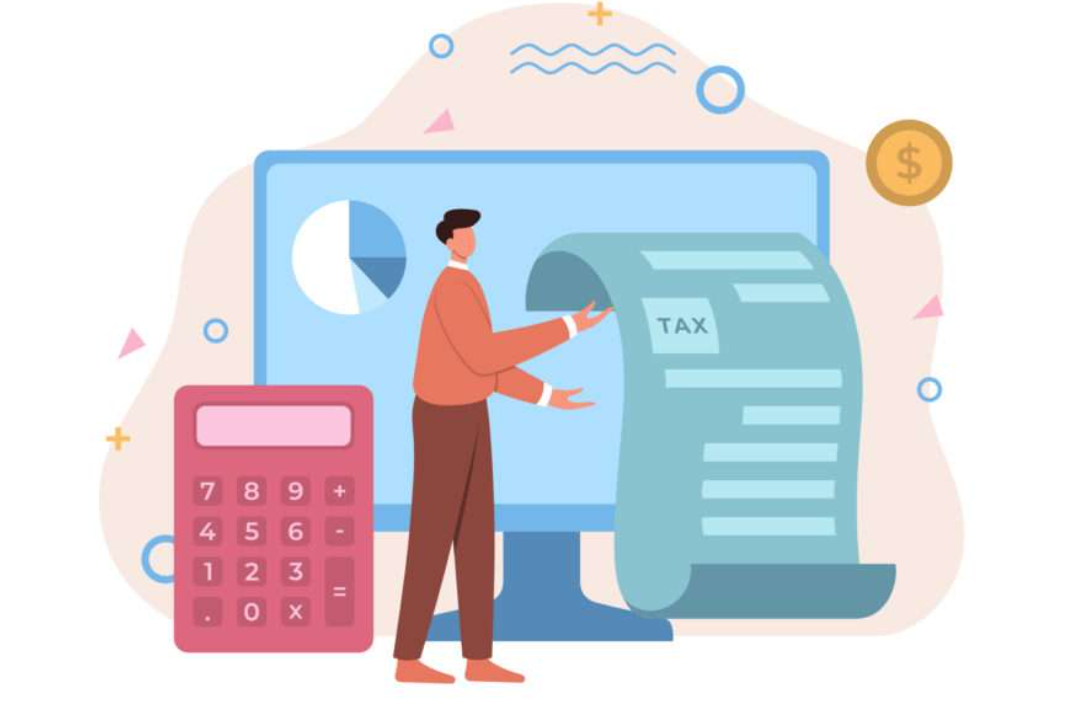How to Pay Less Tax Part 2

So…carrying on from where we previously left off, this article is a part 2 with some further tips on how to reduce your tax bill so lets not waste any time and get started!!
So…Tax efficient disposal of a second property
Over the past few decades, more and more people have invested in a second property. After all, you not only benefit from the increase in the property value but also the rental income.
The problems can arise when you sell the rental property and find yourself paying a huge capital gains tax bill. Smart planning is required when selling or gifting a second property. It’s a good idea to speak to a tax consultant before disposing of your property so that you don’t give most of your profits to the tax office.
It’s also important to look at tax relief opportunities if you have a mortgage on your second property, as you can claim back 20% of mortgage interest.
Make annual use of capital gains tax (CGT) allowance
If you are liable to pay CGT, you should know that you have a capital gains tax allowance each tax year. This has a cap of £12,300. No tax must be paid on capital gains beneath this amount.
We recommend that you try to make the most of this amount. That’s because any unused personal allowance is lost at the end of the year. Quite literally, you need to use it or lose it.
Ensure correct tax treatment of overseas income
The United Kingdom has agreements with many countries that ensure you don’t pay tax twice on the same income. If you have taxable income or savings income abroad, ensure you’re not paying tax on it in both countries.
Employee benefit perks
Employee tax benefits are provided by both the government and your employer. They’re a simple way to provide you with further tax relief. There are plenty available, but some common tax perks for employees include:
The ability to exchange part of your income for a company car.
A tax-free loan to pay for a transport ticket, such as the season ticket in London.
Some people also have tax-deductible expenses if they primarily work from home rather than in an office. Of course, you need to prove they are business expenses.
Is paying less tax legal?
In short, yes. There’s really no need to pay more tax than you need to. You can reduce your tax bill purely by taking advantage of the government’s schemes for people in your circumstances. It’s important to note that how much tax you pay depends on researching what is available to you.
For example, there is nothing wrong with clever inheritance tax planning to reduce the inheritance tax bill for your descendants. It is just that many people don’t plan well when it comes to inheritance tax.
How to minimise capital gains tax on Restricted Stock Units
Restricted stock units are sometimes given to an employee by a company they are employed by. You are often liable to pay capital gains tax on them depending on your dividend allowance. To save tax on dividend income, you can either sell them or put them in your spouse’s name.
How to reduce your company tax bill
The easiest way to pay less tax when you’re a company owner is to pay up to £10k as a pension contribution.
Tax rates for companies are very high, with 19% of your profits needing to be paid as tax. The money that’s paid into a pension is not taxed, unlike income tax or dividend tax. If you pay that money to yourself as a salary, you’re liable to pay income tax on it.
How to reduce your income tax bill
As you’ll know, your tax band is dependent on your earnings. Some people will end up in the nightmare scenario of earning slightly more than a tax threshold.
You can pay into a pension to put yourself in the band below your current one. This money is tax-free and counts toward national insurance contributions. Therefore, you get to keep that money for the future while also lowering your tax bill and national insurance for now, as you can then pay more favourable income tax rates.
How to avoid the lifetime allowance tax charge
One downside to placing much of your money into pensions is that there is a lifetime allowance. You have four options to avoid this charge.
First, you can simply take the tax-free money out of the pension. If you do this, you might consider using the cash for an alternative tax-free investment.
Another option is also to remove the defined benefit pension ahead of schedule.
It can also be worth looking into protection for your lifetime allowance.
These options all require careful thought. Speaking to an expert will help you make the correct decision.
How to avoid the tapered annual allowance tax charge
Anyone in the high tax bands is limited on how much can be paid into a pension scheme during a year. The current limit is £4k.
To avoid an unwanted charge, you can see if you have a tax-free allowance from previous years that you can use.
Other than this, it might simply be a better option to see if you can increase your salary at the cost of your pension payments. Of course, this will depend on your employer.
So that’s it, we’re finally done with all the different ways of reducing your tax bill. We hope we’ve covered everything that you were looking for and if you haven’t read our part one you should check that out as well, right here.
However, if you seek for something more check out our website or contact us today for a free, no-obligation quote, and let us help you with all your accountant needs!
Enjoy your day! 😉


